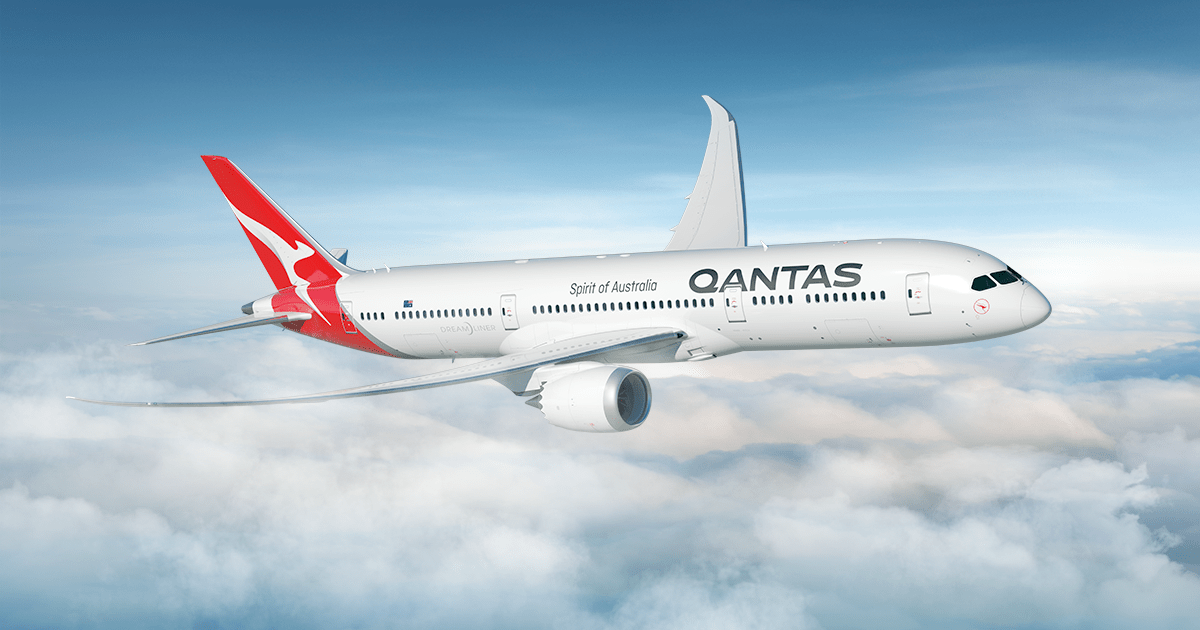The Qantas Group is establishing the $260 million climate fund to provide direct investments in sustainability projects and technologies. The initiative is an essential part of the airline's pathway to net zero emissions by 2050 and fuelling the sustainable aviation push in this part of the world.
Last year Qantas partnered with Airbus in a $189 million deal to accelerate the production of a sustainable aviation fuel (SAF) industry in Australia, with that investment now a foundation for the new fund.
Today the airline announced it was injecting another AU$110 million into the Qantas Climate Fund, topping up the funds to AU$400 million.
Qantas' latest investment will fund other green projects, including offshore SAF investments, operational efficiency technologies and high-integrity carbon offsets. The program will directly invest in new technologies and projects, research and development partnerships and managed sustainability funds that align closely with the airline's targets.
The Qantas net zero pathway includes reducing carbon emissions by 25% by 2030 as compared to 2019 and 10% SAF usage in the group's fuel mix by 2030.
Speaking on managing climate change and how an airline does business, Andrew Parker, Chief Sustainability Officer said: "We have already made progress towards our interim climate targets with sustainable aviation fuel powering our flights out of London, more fuel-efficient aircraft arriving every month and a mature carbon offset program. We need to turbocharge these efforts if we are to cut our carbon emissions by 25% by 2030 and have net zero emissions by 2050."
Qantas will purchase 10 million liters of SAF for flights from London, and from 2025 it will buy 20 million liters annually for its flights out of California.
In setting up the climate fund, Qantas has called on the Australian Government to introduce a SAF blending mandate as part of a broader framework of industry policies, similar to those already announced in other jurisdictions.
Parker believes that Australia has significant advantages for SAF production, and it presents an excellent opportunity to create a new domestic industry. He said: "Without the right policy settings and signals we will see investment projects and feedstocks move offshore to places with specific policy support. We look forward to working with government and the rest of the industry to ensure we capitalise on this opportunity for Australia.

